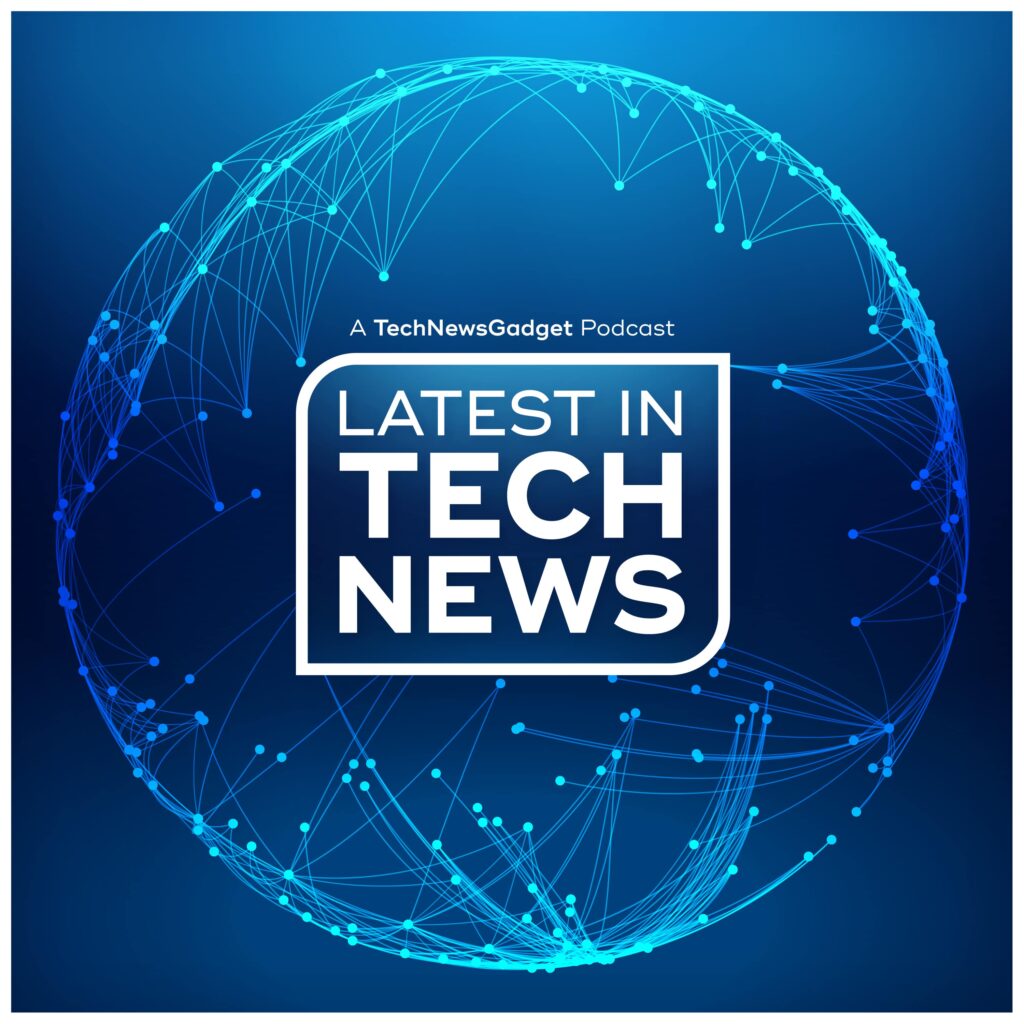Mumbai’s Smart Meter Surge: Digital Transformation Meets Workforce Evolution in Urban Utilities
6 min read
Mumbai’s urban landscape is undergoing a significant digital transformation, with BEST (Brihanmumbai Electric Supply and Transport) leading the charge in smart meter installations across the island city. Surpassing an impressive 4.5 lakh installations, covering nearly 42% of its total electricity consumer base, this surge marks a pivotal moment in modernizing urban utilities. While promising substantial benefits in efficiency and consumer empowerment, this ambitious rollout simultaneously triggers a profound evolution in the workforce, presenting both challenges and unprecedented opportunities, particularly for a dynamic talent pool including international students seeking to contribute to India’s technological advancement.
Background: The Digital Pulse of Urban Utilities
The impetus behind Mumbai’s smart meter initiative stems from a dual push by both state and central governments, advocating for these installations “in the larger public interest.” Officials from BEST’s power supply wing highlight a myriad of advantages: enabling citizens to meticulously track consumption patterns, schedule usage for optimal savings, and ultimately reduce electricity bills. For BEST, the benefits extend to operational efficiency, with the ability to swiftly identify and rectify power outages and visualize the entire distribution system, fostering energy conservation and significantly reducing distribution losses. Critically, the adoption of smart meters addresses a longstanding issue of meter reading staff shortages and accuracy concerns, as remote and precise readings become the new standard.
However, this digital leap is not without its detractors. Citizen activists, notably G.R. Vora and Kamlakar Shenoy, have voiced strong opposition, citing “improper” installations and a “lack of transparency.” Concerns include the absence of proper notification procedures, unsigned or unnumbered notices, and installations conducted during early morning hours without consumer permission. Questions have also been raised regarding the metrology department’s clearance for these devices and fears of inflated bills, suggesting a critical need for transparent communication and adherence to established protocols. BEST officials, while denying the charges, reiterate that the installations proceed with government permission and pose no disadvantages, underscoring the ongoing dialogue between technological advancement and public trust.
Key Developments: Shifting Paradigms in Energy Management
The current smart meter rollout signifies more than just a technological upgrade; it represents a fundamental shift in how urban electricity is managed and consumed. The transition from traditional, manual meter readings to a system reliant on remote data transmission creates a real-time, granular view of energy flow. This real-time data empowers consumers with unprecedented control over their electricity usage, fostering conscious conservation efforts. For the utility provider, it means proactive fault detection, optimized grid management, and a significant reduction in operational overhead associated with physical meter inspections. This digital backbone is essential for future smart city initiatives, laying the groundwork for more sophisticated energy ecosystems.
Yet, the controversies surrounding the rollout highlight crucial aspects of large-scale infrastructure projects. The allegations of procedural lapses and lack of adequate communication underscore the importance of stakeholder engagement and community buy-in. While the technological benefits are clear, the human element—ensuring consumer confidence and addressing concerns about privacy, data security, and fair billing—remains paramount for the long-term success and acceptance of such initiatives. The speed of deployment, driven by government mandates, must be balanced with meticulous execution and robust public relations to bridge the gap between policy goals and citizen experience.
Impact Analysis: The Evolving Smart Meter Workforce Landscape
The most significant ramification of Mumbai’s smart meter surge lies in its profound **smart meter workforce impact**. This technological overhaul is systematically redefining job roles within the urban utilities sector, moving away from labor-intensive, repetitive tasks towards highly skilled, tech-driven positions. Traditional meter reader roles are gradually being phased out or repurposed, paving the way for a new generation of utility professionals.
New roles emerging from this transformation include:
- Smart Meter Installation & Maintenance Technicians: Requiring specialized skills in IoT devices, network configuration, and troubleshooting.
- Data Analysts and Scientists: Essential for processing the massive influx of consumption data, identifying patterns, predicting demand, and optimizing grid performance.
- Cybersecurity Specialists: To safeguard the smart grid infrastructure from digital threats and ensure the privacy of consumer data.
- IT and Network Engineers: To build, manage, and scale the communication networks that connect smart meters to the central utility systems.
- Customer Service & Technical Support: Providing specialized assistance to consumers on understanding smart meter data, managing their accounts, and troubleshooting new systems.
- Project Managers & Coordinators: Overseeing the complex logistics of large-scale rollouts and managing diverse teams.
For international students, particularly those pursuing STEM fields in India or looking for global opportunities, this presents a significant career pathway. Mumbai, as a burgeoning smart city, offers a living laboratory for those studying electrical engineering, computer science, data analytics, cybersecurity, and urban planning. Graduates with expertise in IoT, artificial intelligence, and network infrastructure will find themselves uniquely positioned to fill these emerging roles. The demand for interdisciplinary skills – combining technical prowess with an understanding of urban infrastructure and consumer behavior – is particularly high. This evolving landscape underscores a shift towards jobs that require critical thinking, problem-solving, and continuous learning, all of which are highly valued in the global workforce. The **smart meter workforce impact** creates a vibrant ecosystem where theoretical knowledge can be directly applied to tangible urban development.
Expert Insights and Practical Guidance for Aspiring Professionals
Navigating this evolving job market requires strategic planning and skill development. For international students and recent graduates, a proactive approach is key:
- Acquire Data Literacy: Proficiency in data analytics tools (e.g., Python, R, SQL), machine learning, and visualization techniques is crucial for roles involving energy consumption data analysis.
- Specialize in Cybersecurity: As smart grids are digitally connected, cybersecurity becomes a paramount concern. Specializing in network security, threat detection, and data protection can open doors to high-demand roles.
- Understand IoT and Cloud Technologies: Smart meters are IoT devices, and their data is often managed in cloud environments. Expertise in these areas is invaluable.
- Develop Project Management Skills: Large-scale infrastructure projects require strong organizational and leadership capabilities. Certifications in project management can be a significant advantage.
- Embrace Lifelong Learning: The pace of technological change demands continuous upskilling. Stay updated with new software, hardware, and industry best practices.
- Seek Practical Experience: Internships, apprenticeships, and collaborative projects with utilities or tech companies involved in smart grid development can provide invaluable hands-on experience and networking opportunities.
- Focus on Communication and Problem-Solving: Beyond technical skills, the ability to communicate complex technical information clearly and to effectively solve operational challenges is highly prized.
Utilities themselves must invest heavily in upskilling their existing workforce and implementing comprehensive training programs for new hires. Transparent communication with citizens and proactive engagement to address concerns about installation procedures and billing accuracy will be vital for fostering public acceptance and ensuring a smooth transition to this digitized energy future.
Looking Ahead: Mumbai as a Smart Utilities Blueprint
The ongoing smart meter rollout in Mumbai is a critical component of India’s broader vision for smart cities and sustainable urban development. As BEST continues to expand its installations, nearing complete coverage, the insights gained from this initiative will serve as a blueprint for other urban centers grappling with similar modernization efforts. The **smart meter workforce impact** will continue to shape the educational and professional trajectories of countless individuals. Future phases will likely involve more sophisticated integration with other smart city technologies, such as intelligent street lighting, integrated public transport systems, and advanced waste management, all underpinned by data from connected devices.
The long-term implications include not only enhanced energy efficiency and environmental sustainability but also significant economic growth through the creation of a new, tech-savvy workforce. However, addressing citizen concerns with greater transparency and investing in robust training and transition programs for the existing workforce will be crucial to ensure an equitable and successful digital transformation. Mumbai’s journey with smart meters is a testament to the complex interplay between technological progress, societal adaptation, and economic evolution in the 21st century.
Reach out to us for personalized consultation based on your specific requirements.



